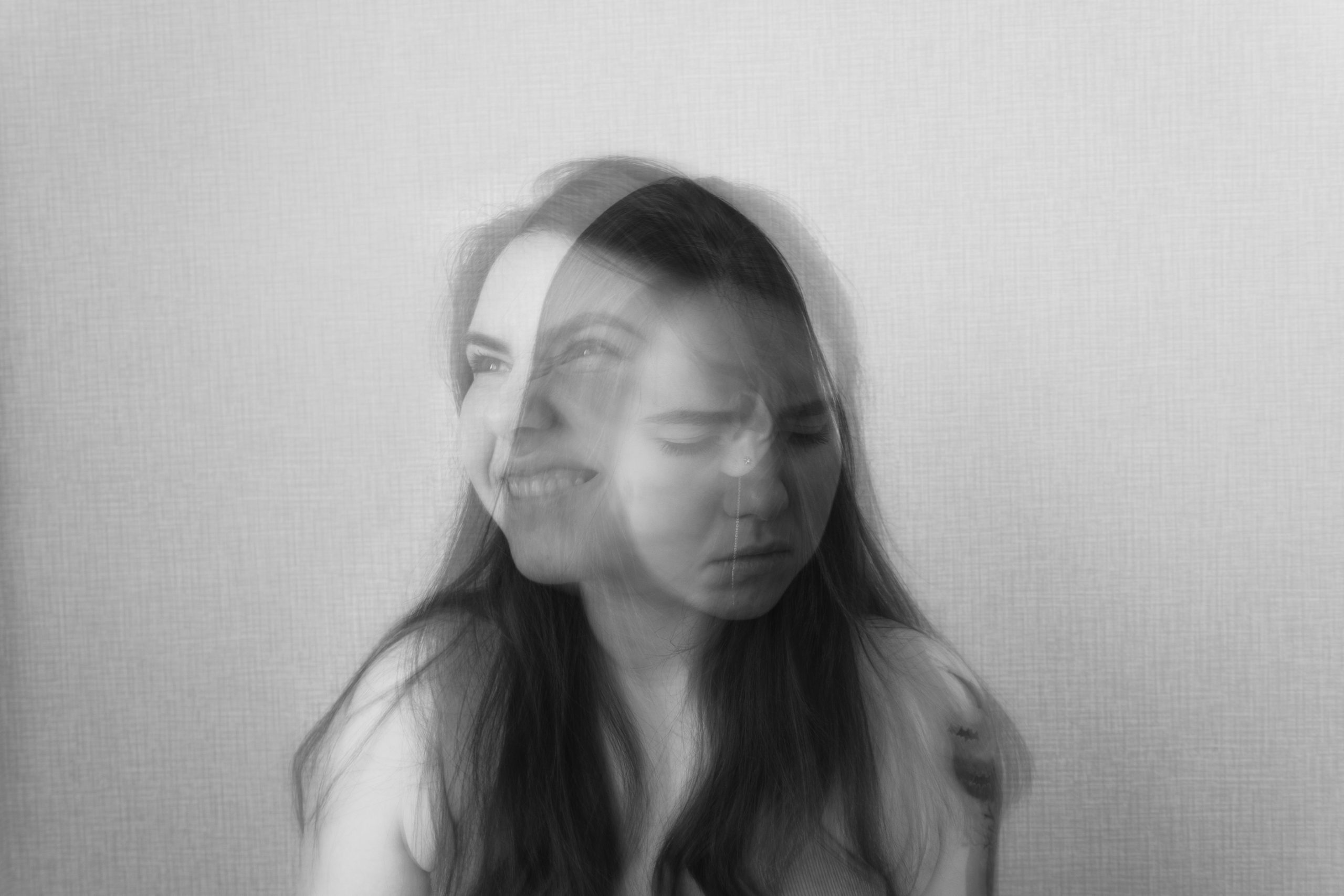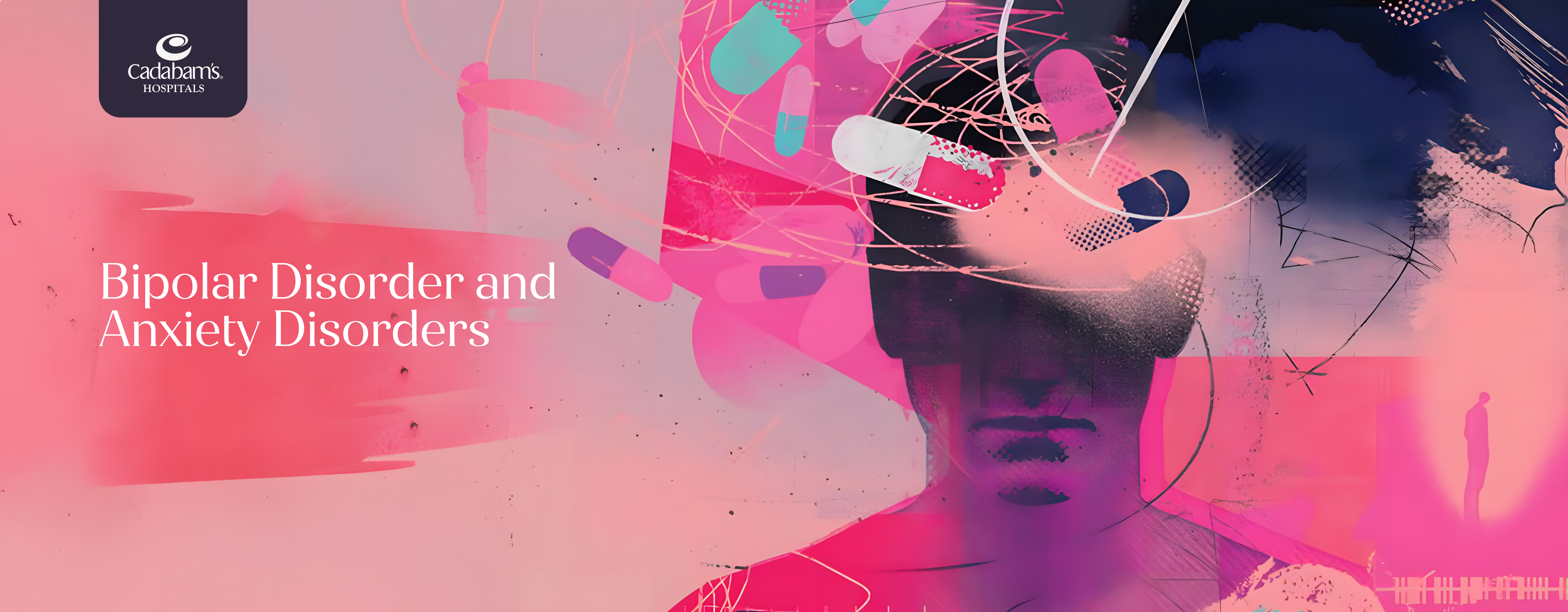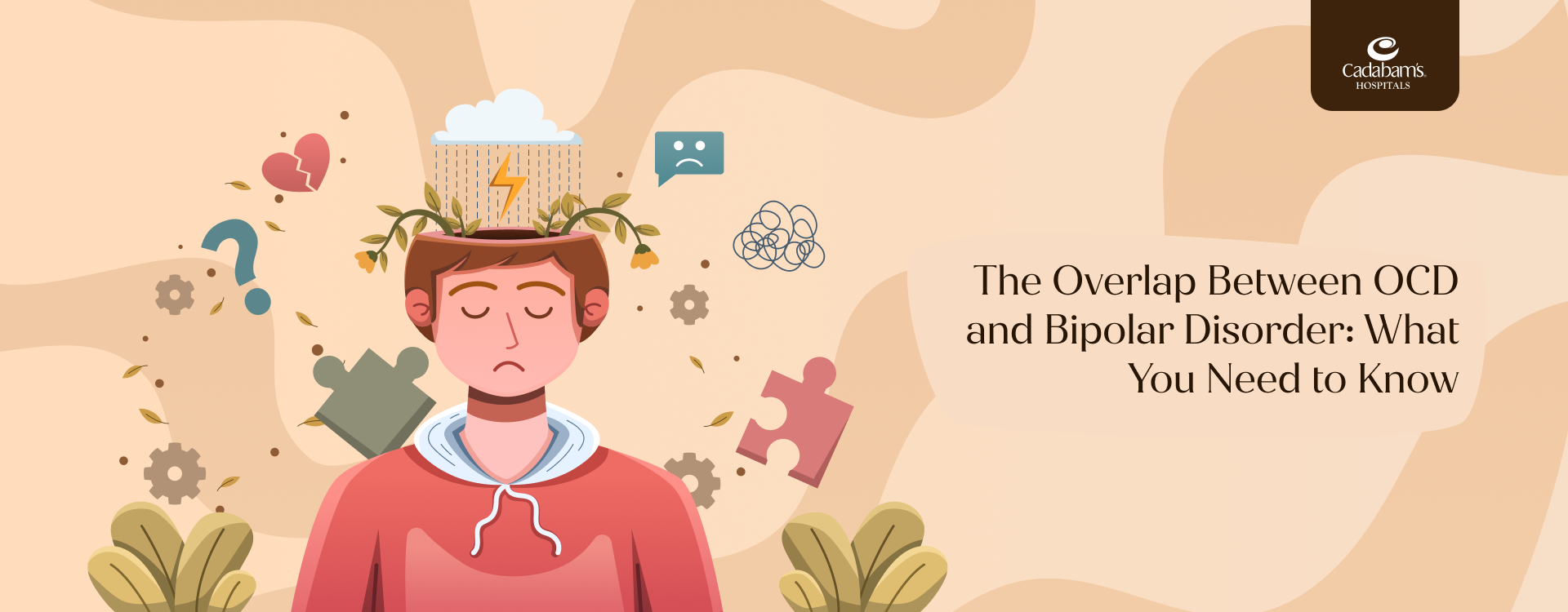The Foundation of Group Therapy in Bipolar Disorder Care
Group therapy for bipolar disorder is learning skills and sharing experiences. It provides an opportunity for bipolar people to come across people who understand the challenges of bipolar disorder. The group discussions give participants guidance on managing bipolar disorder, mood episodes, stress, and other daily life facets.
Principles and Goals of Group Therapy for Bipolar Disorder
Group therapy for bipolar disorder offers a supportive community and valuable learning opportunities. In this environment, individuals with bipolar disorder won’t feel isolated. Instead, they can learn to cope with the condition and develop skills through group support. Therapists can guide the group in developing specific strategies to manage mood swings at work and in other areas of life.
How Group Therapy Complements Individual Treatment Plans
Combining group therapy with individual treatment plans can significantly improve overall treatment outcomes. Group therapy enhances participants’ understanding of bipolar disorder and provides crucial social support. This approach allows for exploring shared experiences and connections between individuals in the group.
At Cadabam’s, participants can get treated in a group setting, get an education, and learn to overcome obstacles. By doing this, the likelihood of recurrence is reduced, and individuals are educated on how to improve their health. Here, we prioritise the diverse nature of group interactions and the concerns of participants to achieve optimal treatment outcomes.
Key Techniques and Approaches in Group Therapy for Bipolar Disorder
Group therapy is a type of therapy where a group of 5-10 people work with an experienced therapist to help them improve and talk about their experiences. Cadabam’s bipolar specialists use a range of effective methods to manage bipolar disorder. Here are a few ways to do it.
Cognitive Behavioural Therapy (CBT)
CBT is a form of cognitive therapy that targets negative thoughts and mood changes. With this, the group is trained to challenge these negative thoughts and adopt the correct mindset.
Psychoeducation
Psychoeducation is a good way to get a good grip on this condition. Here, groups of people read and discuss bipolar illness, its symptoms and how to deal with it which helps them in managing their illness.
Coping Skills Training
They are trained and practice managing stress, emotional outbursts and mood swings. This equips the group with daily routines.
Peer Support
Help from fellow clients in group therapy can help build social connections and provide support by promoting communication and listening, which can help alleviate feelings of isolation.
The Benefits of Group Therapy for Managing Bipolar Disorder
Bipolar disorder is often associated with loneliness. Being aware that there are people with the same challenges could be beneficial for one’s mental health. Here are a few benefits of bipolar disorder
Improved Self-Awareness
Group conversations are beneficial in comprehending one’s own feelings and how they feel. Learning from others’ experiences may help one find out what triggers their mood change and what are the symptoms of it.
Reduced Isolation and Stigma
Having a conversation with someone battling bipolar disorder might help one overcome loneliness and feel less alone. This atmosphere readily accommodates everyone without stigmatisation.
Improved Ability to Handle Situations
Group environment gives individuals the opportunity to learn effective methods for managing episodes of mania, despair, or tension.
Empowerment and Support
Group therapy makes a person feel empowered since it includes providing and receiving aid from other clients.
Get Bipolar Disorder Diagnosed in Hyderabad
If you or your loved one is suffering from bipolar illness, get medical attention immediately. You can reach out to our team of skilled professionals at Cadabam’s Hospital to get your symptoms reviewed, tested, and evaluated.
Cadabam’s employs a holistic therapy paradigm that addresses both physical and psychological concerns.
Find the Right Group Therapy Program in Hyderabad
To successfully manage bipolar disorder-related symptoms, the focus should be on the appropriate group therapy. If you’re seeking the best group treatment for bipolar illness in Hyderabad, choose Cadabam’s Hospital.
Our professionals are well-equipped and have vast expertise in addressing essential interventions and offering tailored treatment programs for each individual requirement.
At Cadabam’s, we incorporate best practices as well as modern technologies to improve patient’s training and coping skills, assisting them in managing symptoms, all in an environment that promotes healing and well-being. Our comprehensive approach ensures that each individual receives personalised care tailored to their unique needs, fostering resilience and improving their quality of life.
Why Choose Cadabam’s for Group Therapy in Bipolar Disorder Care?
Cadabam’s is one of the most prestigious and extensive mental health facilities in India with over 30 years of experience. Cadabam’s is well known for providing excellent service and ensures that our clients receive assistance through personalised, evidence-based treatment plans. Our dedicated team of professionals is committed to supporting individuals on their journey to mental wellness, offering comprehensive care that addresses each client’s unique needs.
Organised Group Therapy Sessions at Cadabam’s
This is composed of integrated and scheduled individual and group psychotherapy and support based on the activities and problems related to Bipolar illness. At Cadabam’s, we make sure that our members receive support both from practitioners and peers.
Proficiency in Group Dynamics and Bipolar Disorder
Our professionals have extensive experience and understand the complexities of group dynamics in relation to bipolar disorder. Our team makes recommendations on ideas and approaches to promote group support, information sharing, and empathy.
Holistic Support and Assistance
At Cadabam’s, we provide an array of support for all the group members including a range of physical and psychological support.
As an organisation providing thorough support to all group members, our approach is multidisciplinary, addressing both the unique psychological and physical health needs of each individual.
Cutting-edge facilities for Group Therapy at Cadabam’s
Our high-tech facilities and private, comfortable group therapy setups provide convenience and confidentiality for members. Our therapy rooms are well-equipped, and modern amenities are designed to enhance the well-being and development of our group members.
Sustaining Support and Information for the Groups
Cadabam’s help goes beyond treatment sessions. We provide ongoing support, educational resources, and community connections to help group members manage bipolar disease and make progress in their mental health journey.
FAQ
What is group therapy for bipolar disorder and how does it help?
Group therapy for bipolar illness comprises of sessions in which people with similar experiences gather to discuss and encourage one another, guided by specialists. These sessions offer emotional support, lessen feelings of loneliness, improve coping methods, and foster a sense of community, all of which contribute to better mood management and stability.
Is group therapy beneficial for all individuals dealing with bipolar disorder?
Group therapy can be beneficial for individuals with bipolar disorder by providing peer support, shared experiences, and coping strategies. However, its effectiveness varies; some may prefer individual therapy based on their unique needs and comfort levels.
How does group therapy address the stigma associated with bipolar disorder?
Group therapy combats the stigma associated with bipolar disease by creating a friendly setting in which people may discuss their experiences, acquire insights, and feel less alienated. It improves understanding, decreases feelings of shame, and builds acceptance by providing mutual support and normalising their experiences.
What makes group therapy a critical component of bipolar disorder treatment?
Group therapy is crucial in bipolar disorder treatment as it provides support, shared experiences, and coping strategies. It fosters a sense of community, reduces isolation, and helps individuals learn from others facing similar challenges.
How effective is Group Therapy for Bipolar Disorder?
Group therapy is effective in increasing bipolar patients’ adherence to medications, helping them understand their symptoms and how to manage them better, helping reduce their sense of isolation, as well as in helping reduce symptoms of mania, anxiety, and depression.
How does Group Therapy work?
A small group of members having bipolar disorder can participate in the group sessions that usually last for 1-2 hours and is facilitated by one or two psychologists. These sessions take place once or twice a week.
How many numbers of sessions are required?
The number of sessions could either be pre-determined based on the modules designed by the group therapists, or it may be ongoing in which case, it is recommended that bipolar patients continue group therapy for long-term in order to achieve and maintain recovery.














 Available
Available


















